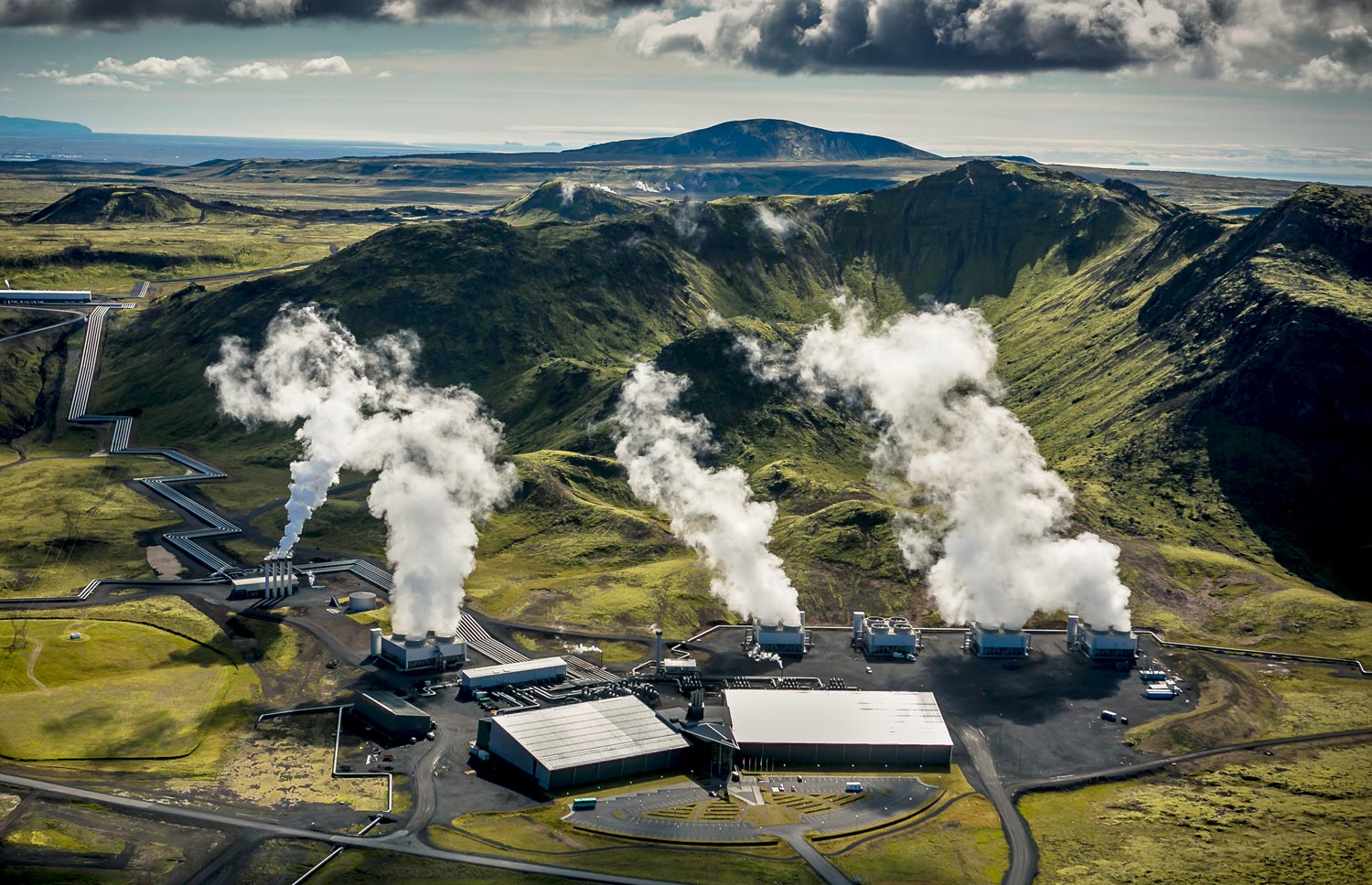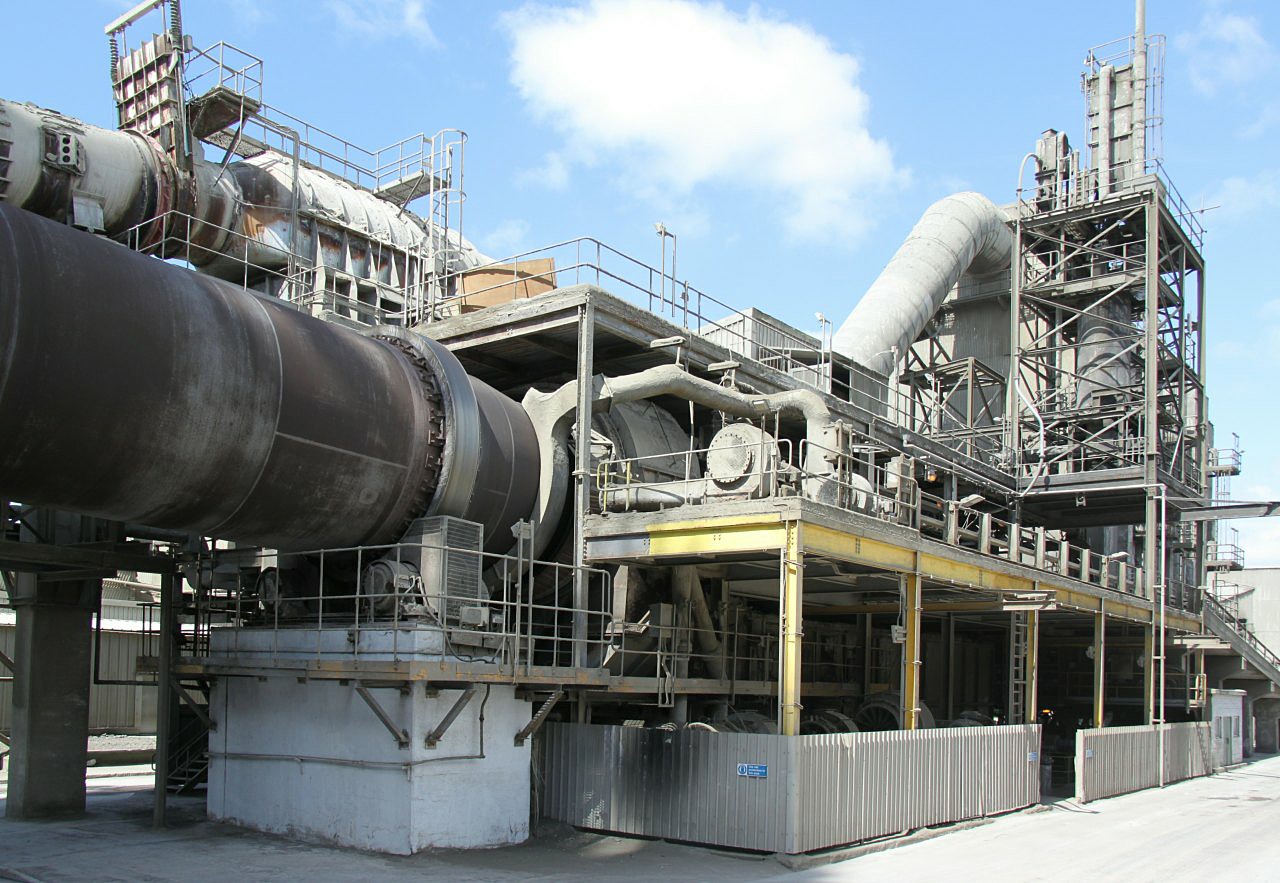Greener fuels to propel rocket launches into space
by Ethan Bilby Turns out, green fuels are rocket science. Space exploration may have given us pictures of our pristine, blue planet Earth and raised awareness to protect our environment, but that’s no good if the rockets that get us to orbit are based on old, toxic propellants. For decades, the most common rocket propellant has … Read more






